French researcher and consultant helped develop shrimp industries in multiple tropical countries
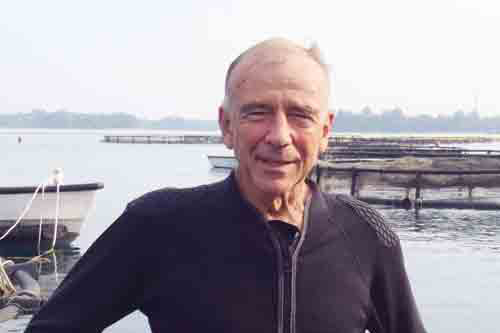
Alain Michel, a longtime aquaculture researcher and consultant who pioneered shrimp-farming industries in many tropical countries, died on Saturday, June 11 in Paris, according to two sources. He was 85 years old.
Working in Ecuador, Colombia, Indonesia, Malaysia, India and Fiji, Mr. Michel helped the French government’s efforts to enable the mass production of shrimp postlarvae (PLs) in hatcheries from captive shrimp. His work began with the agency CNEXO in 1972 and lasted for nearly 30 years.
He later directed the fishery and aquaculture research department at IFREMER, an oceanographic institution in Brest, France, from 1993 until his retirement in 2000.
In the post-retirement stages of his career, Michel worked on barramundi, shrimp and sea cucumber farming projects and consulted on disease mitigation using hyperthermia for boosting the innate immune system of the host animal. He also wrote numerous articles for aquaculture research publications, including the Advocate.
According to a profile article about the “French Connection” in shrimp farming, which appeared in Shrimp News International in 2013, Michel was born in Versailles, France, in 1937. He studied at The National Agronomical Institute in Paris in 1957, where he majored in chemistry.
Hyperthermia can boost innate immune system in juvenile fish
After fulfilling his French military obligation as a naval deck officer, he studied oceanography and worked as a biologist researching tuna. While working with CNEXO, Michel helped develop the Centre Océanologique du Pacifique (COP) in Tahiti and conducted aquaculture studies on freshwater prawns, marine shrimp, mollusks and finfish. A research team that he led– formed of researchers from multiple institutions and collectively known as “AQUACOP” to give equal credit to all contributors – helped develop shrimp farms in many tropical countries that leaned on mass production of PLs at hatcheries.
“For those of us that participated in the spread of French shrimp farming technology around the world, we have a lot of good memories, and we are all proud to have played an important role in the development of a whole new way of producing food. It was a huge and exciting part of our lives, and we have some fantastic stories to tell our grandchildren,” Michel wrote in the Shrimp News International article.
Before COP, from 1983 to 1986, Michel worked at IFREMER’s headquarters in Paris where he headed aquaculture research. He also served as general manager of Sanofi Aquaculture from 1990 to 1993. Until his retirement in 2000, he was director of the fishery and aquaculture research departments at IFREMER.
“Smart, tenacious and charming, Alain was an inspirational character who will be much missed,” said Dan Lee, standards coordinator for Best Aquaculture Practices. “I first met him in Ecuador back in 1983 when he came with a team of experts from AQUACOP in Tahiti and managed to get the nascent shrimp hatchery business through its teething problems. In his final days, he was still fully engaged in the industry, sending messages on the content of certification standards, and proud to say he was still working on projects like Oceanpick in Sri Lanka and on a selective breeding program for black tiger shrimp in Thailand. A true advocate for aquaculture, right up to the very end.”
“We all thank you, Alain, for the enormous value you added to the modern aquaculture industry. You had such a unique genius team spirit, so modest and so happy to share your findings with others,” said longtime colleague and friend Régis Bador. “The thousands of people who had the opportunity to work with you will never forget your humanity.”
Follow the Advocate on Twitter @GSA_Advocate
Now that you've reached the end of the article ...
… please consider supporting GSA’s mission to advance responsible seafood practices through education, advocacy and third-party assurances. The Advocate aims to document the evolution of responsible seafood practices and share the expansive knowledge of our vast network of contributors.
By becoming a Global Seafood Alliance member, you’re ensuring that all of the pre-competitive work we do through member benefits, resources and events can continue. Individual membership costs just $50 a year.
Not a GSA member? Join us.
Author
-
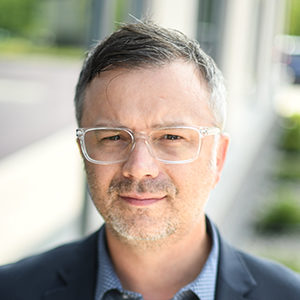
James Wright
Editorial Manager
Global Seafood Alliance
Portsmouth, NH, USA[103,114,111,46,100,111,111,102,97,101,115,108,97,98,111,108,103,64,116,104,103,105,114,119,46,115,101,109,97,106]
Tagged With
Related Posts
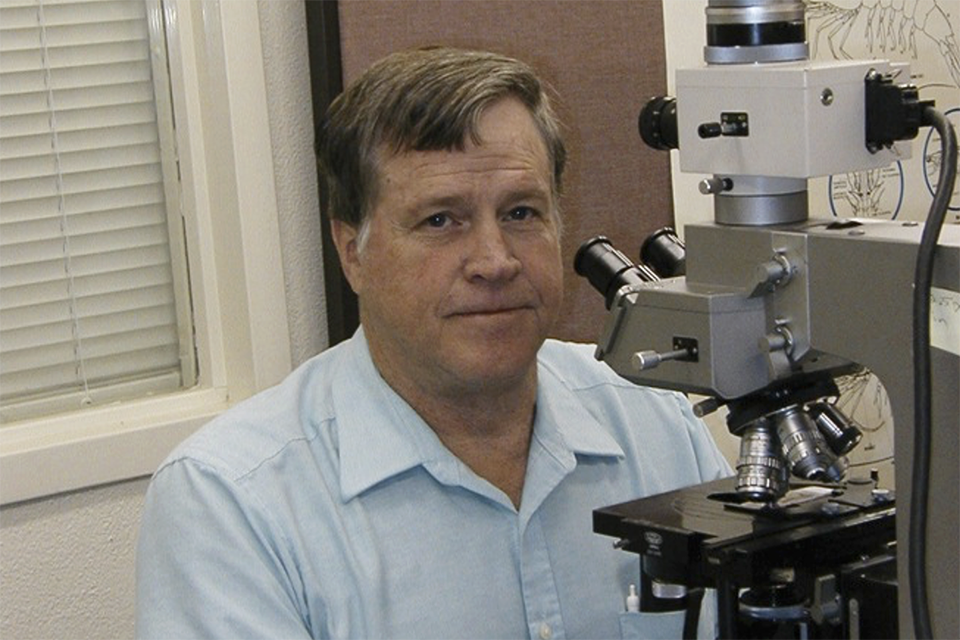
Intelligence
Donald Lightner, influential figure in shrimp aquaculture, remembered
Donald Lightner, pre-eminent shrimp pathology researcher and longtime head of the University of Arizona Aquaculture Pathology Laboratory, has died.
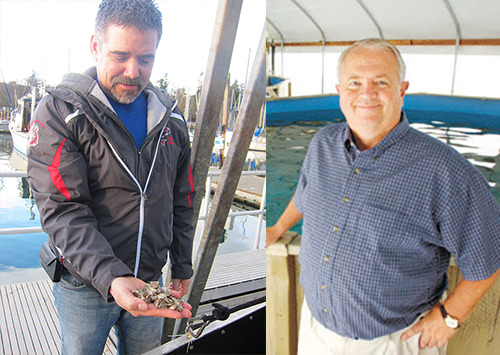
Intelligence
‘We will keep their legacy alive’: PNW aquaculture industry pays tribute to two leaders
The Pacific Northwest U.S. aquaculture industry is mourning the recent loss of two respected leaders, Kurt Grinnell and Dan Swecker.
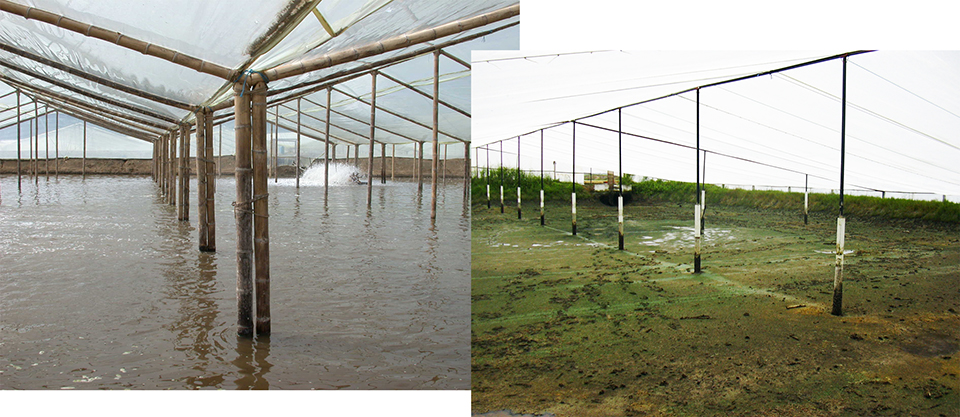
Health & Welfare
Greenhouse systems a promising technique against WSSV in Ecuador
CENAIM’s greenhouse production trials were carried out at the commercial Pesglasa shrimp farm, located in the Taura region of Ecuador’s Guayas Province.
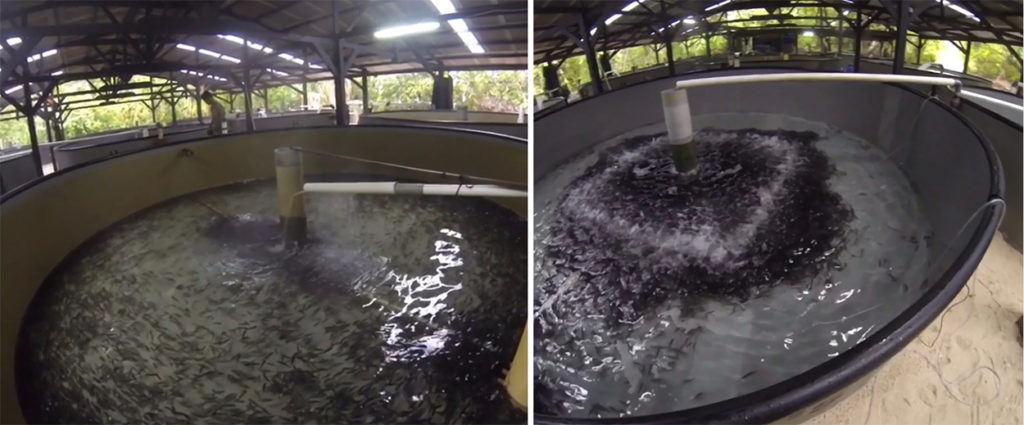
Health & Welfare
Hyperthermia can boost innate immune system in juvenile fish
Hyperthermia, or heat shock treatment, is an unconventional approach to pathogen control in fish aquaculture that appears to have potential to improve disease resistance in fish like tilapia and barramundi.


